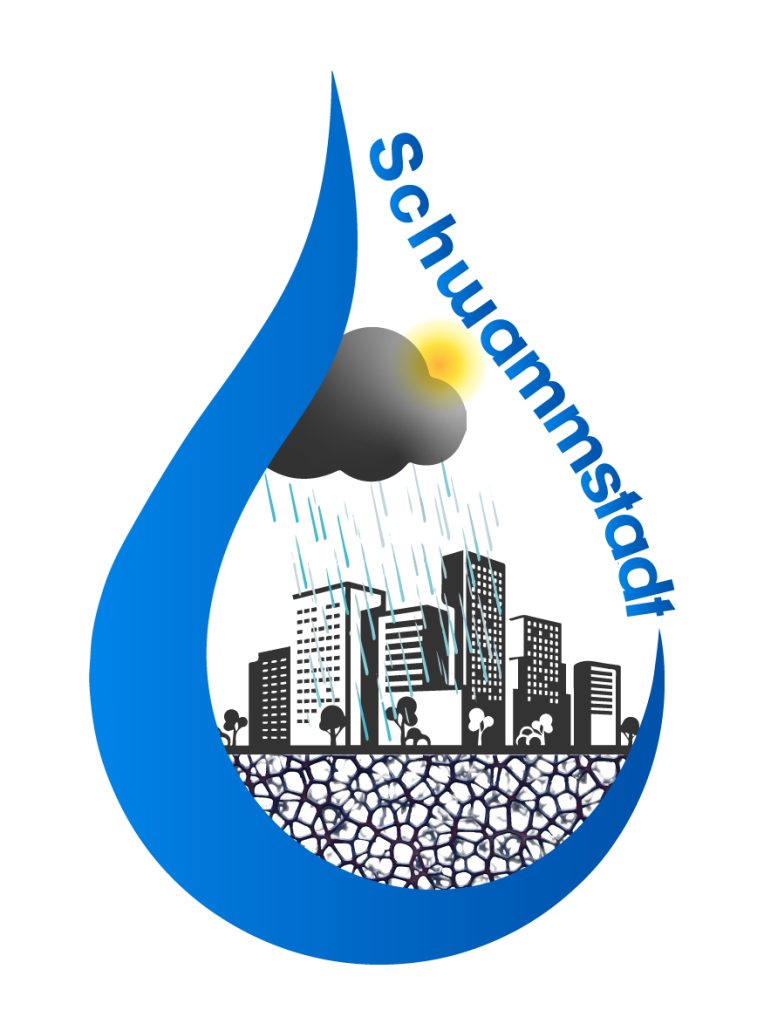
Since the peace agreement of 2016, Colombia has faced the major challenge of sustainably overcoming the long-standing armed conflicts. The Magdalena Medio region - an area rich in biodiversity and important water and forest resources - is particularly affected. Despite its central importance for biodiversity and climate protection, the region continues to suffer from structural violence, social inequality and massive environmental destruction.
In the context of the Colombian peace process, women in particular have developed innovative peace approaches - for example within the framework of the Organización Femenina Popular (OFP) - that integratively link ecological sustainability, collective memory and social structures. From a gender-specific perspective, they make a significant contribution to strengthening social cohesion and protecting territorial resources. The long-term preservation of these ecosystems is proving to be the key to just and sustainable peace.
GENERAL OBJECTIVE:
Investigation of environment-related peace strategies of women's communities in Magdalena Medio based on a concept of the 'feminine' - with special consideration of the role of the Organización Femenina Popular.
Specific objectives:
The FRAU-PAZ research project investigates women's peace strategies in the Colombian region Magdalena Mediobased on ecological and gender-equitable approaches. The focus is on analysing the practices of Organización Femenina Popular (OFP), which has been combining environmental commitment with women's and remembrance policy perspectives for decades.
Content focus
1 Theoretical foundation and context analysis
The programme begins with an interdisciplinary examination of theoretical approaches to Environmental peace, transitional justice, women and the concept of the "feminine". At the same time, the socio-political and ecological context of the region Magdalena Medio analysed in depth.
2 Participatory field research
In close co-operation with the OFP and local communities, ethnographic methods such as interviews, focus groups and participant observation are used. The aim is to document the experiences of women in relation to peace work, environmental activism and collective memory.
3 Knowledge dialogues and co-production
Local knowledge is brought together with scientific perspectives through participatory workshops and exchange formats. Cooperation with universities from Colombia and Germany enables a binational dialogue on sustainable environmental strategies - especially in water-sensitive "sponge regions".
4 Analysis and political categorisation
The data collected is systematically analysed in order to record the contribution of women's environmental initiatives to the peace process. Structural challenges such as violence, marginalisation and institutional deficits are also included in the analysis.
5 Visibility and social appropriation
The project is developing a variety of formats to disseminate the results - including audiovisual contributions, podcasts and reports. These not only increase the visibility of women's voices, but also contribute to the national environmental and peace agenda.
The research here is tough.







News about the inwa and its events.
We look forward to receiving your enquiry.
© 2024
